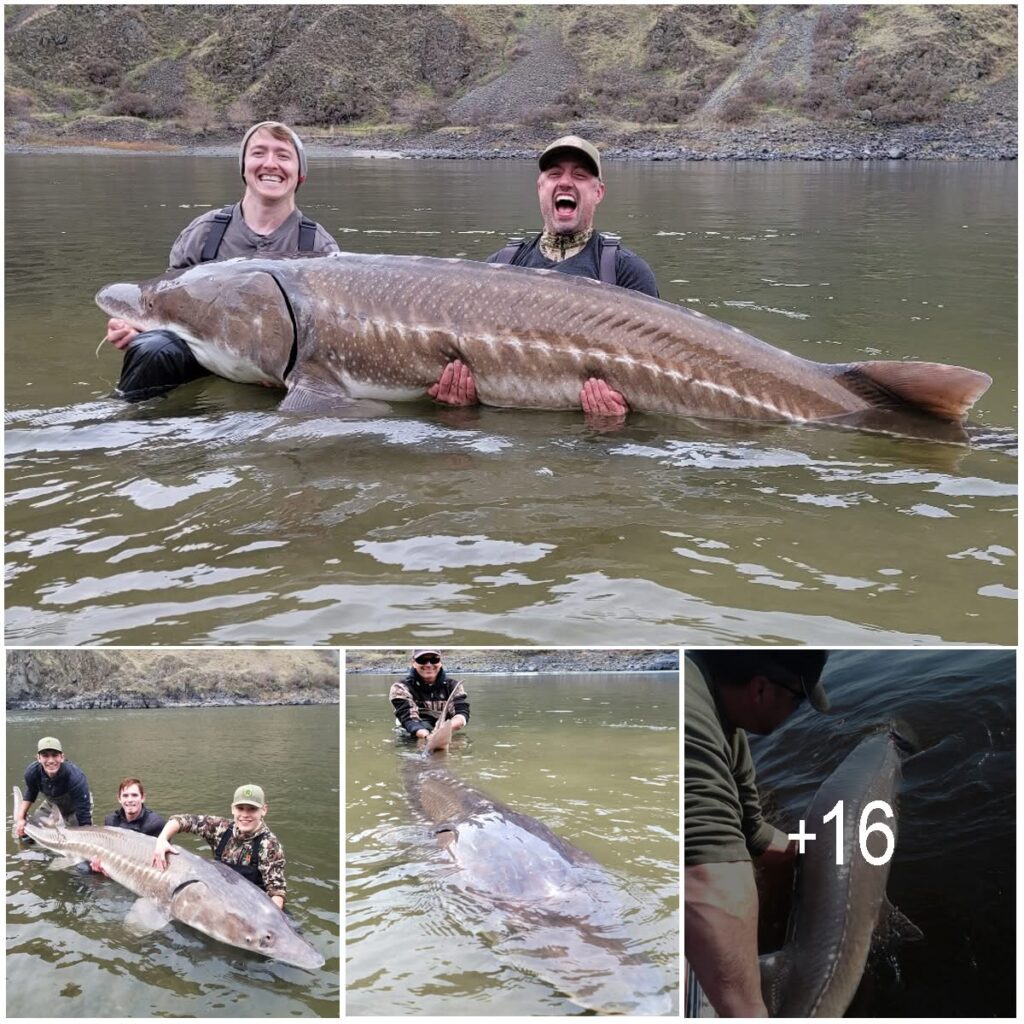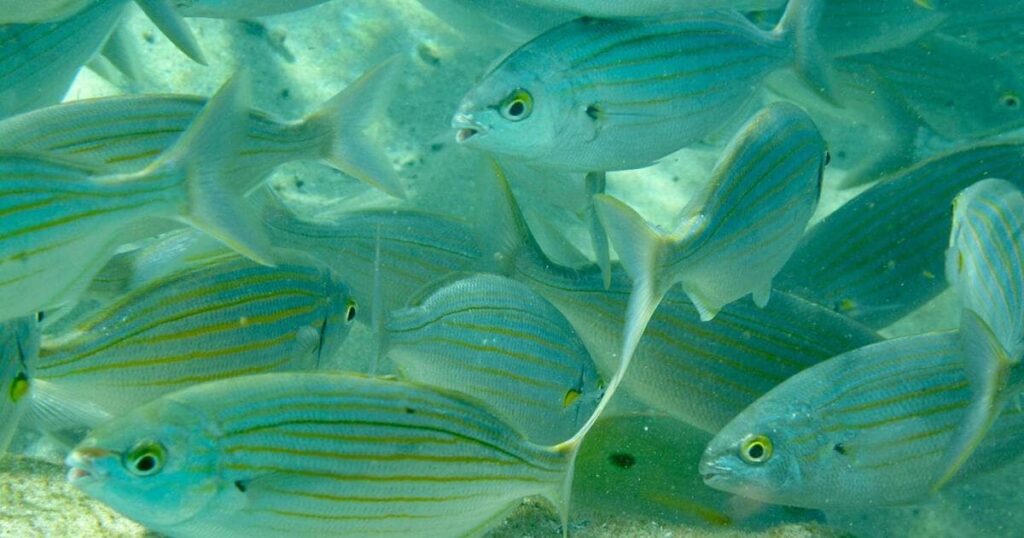Prepare to be amazed by a true living relic from the depths of American freshwaters! A record-breaking Lake Sturgeon, estimated to be an astonishing 125 years old, has recently been caught in the U.S., potentially making it both the largest and oldest freshwater fish ever documented.
This isn’t just a big fish story; it’s a profound glimpse into the incredible longevity and resilience of one of Earth’s most ancient species. Lake Sturgeon are often referred to as “living dinosaurs” due to their prehistoric appearance, dating back some 136 million years. To find one that has thrived for over a century – witnessing countless historical events unfold above its watery home – is nothing short of extraordinary.

While specific details about the recent catch are still emerging, previous record-breaking Lake Sturgeon have been caught in places like Wisconsin, with one famous 2012 capture on the Wolf River measuring 87.5 inches long and weighing an estimated 240 pounds. These gentle giants are slow-growing and can live well over 100 years, making every mature individual a testament to successful conservation efforts.
The discovery of such a venerable specimen highlights the vital importance of protecting these magnificent creatures and their habitats. Once plentiful, Lake Sturgeon populations faced severe decline due to overfishing, habitat destruction, and pollution. Today, they are listed as threatened or endangered in many parts of their original range. This latest catch serves as a powerful reminder of nature’s enduring power and the ongoing efforts to ensure these ancient fish continue to swim for generations to come.
What’s the oldest living creature you’ve ever encountered or heard about?

